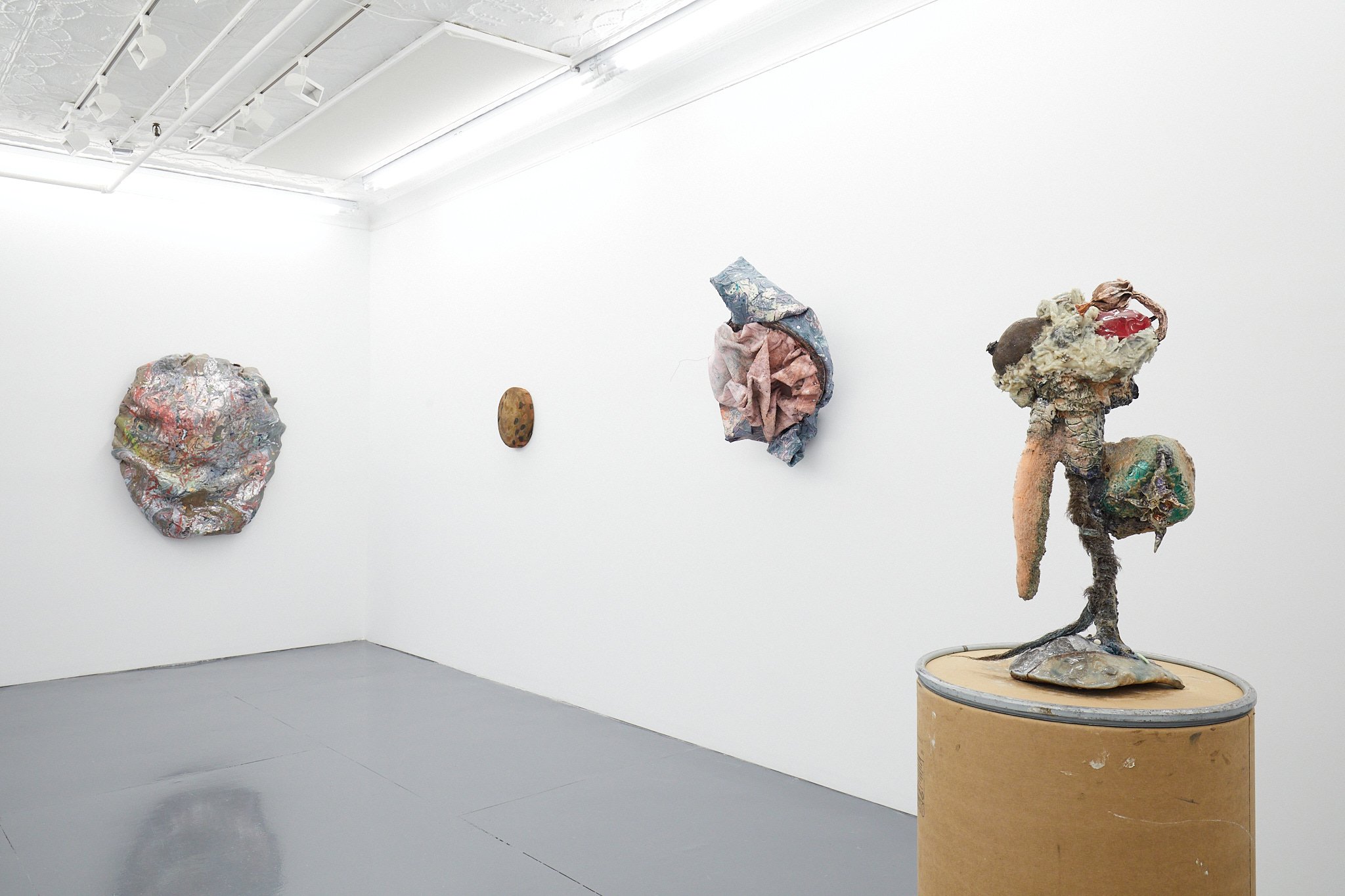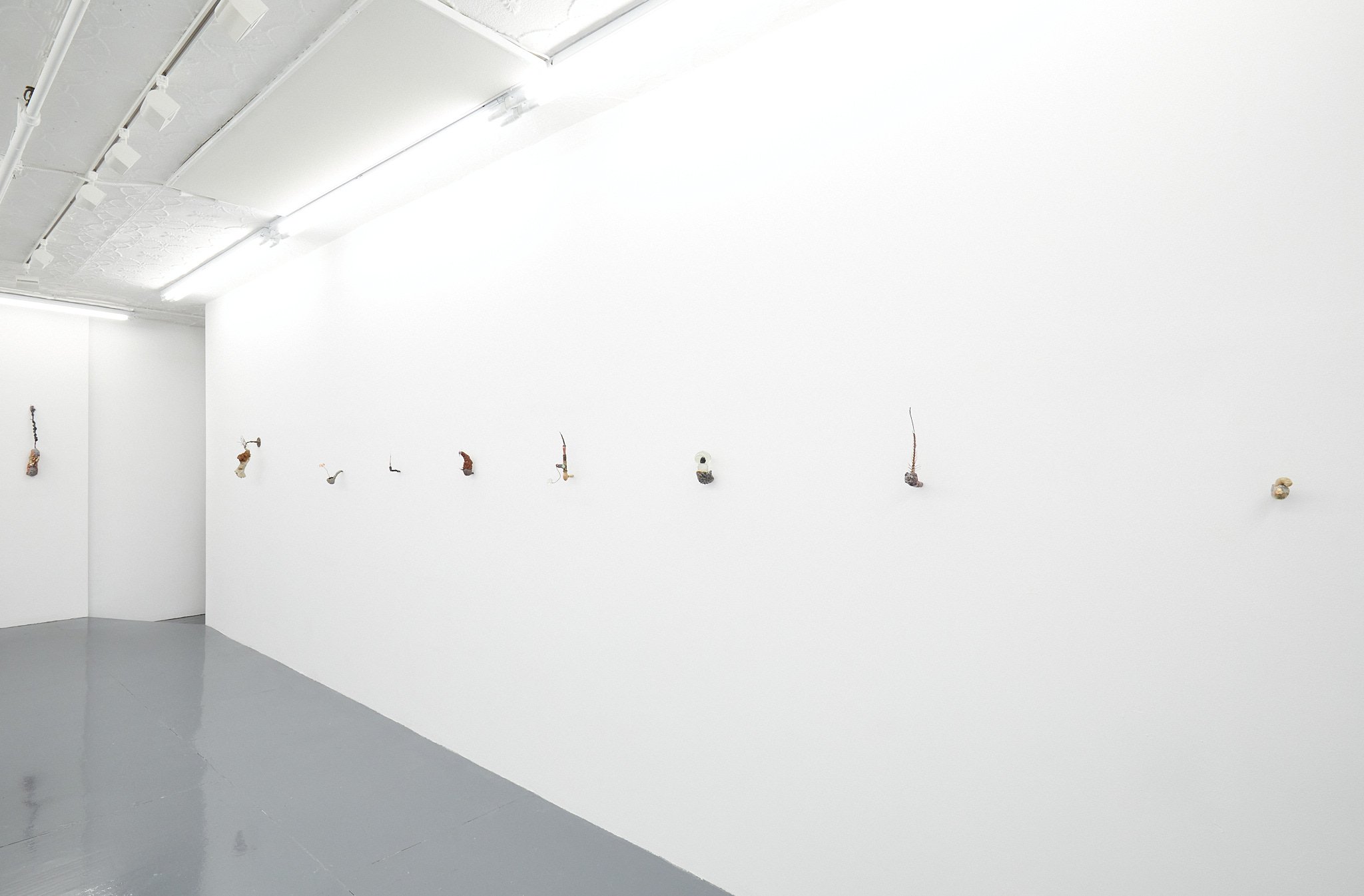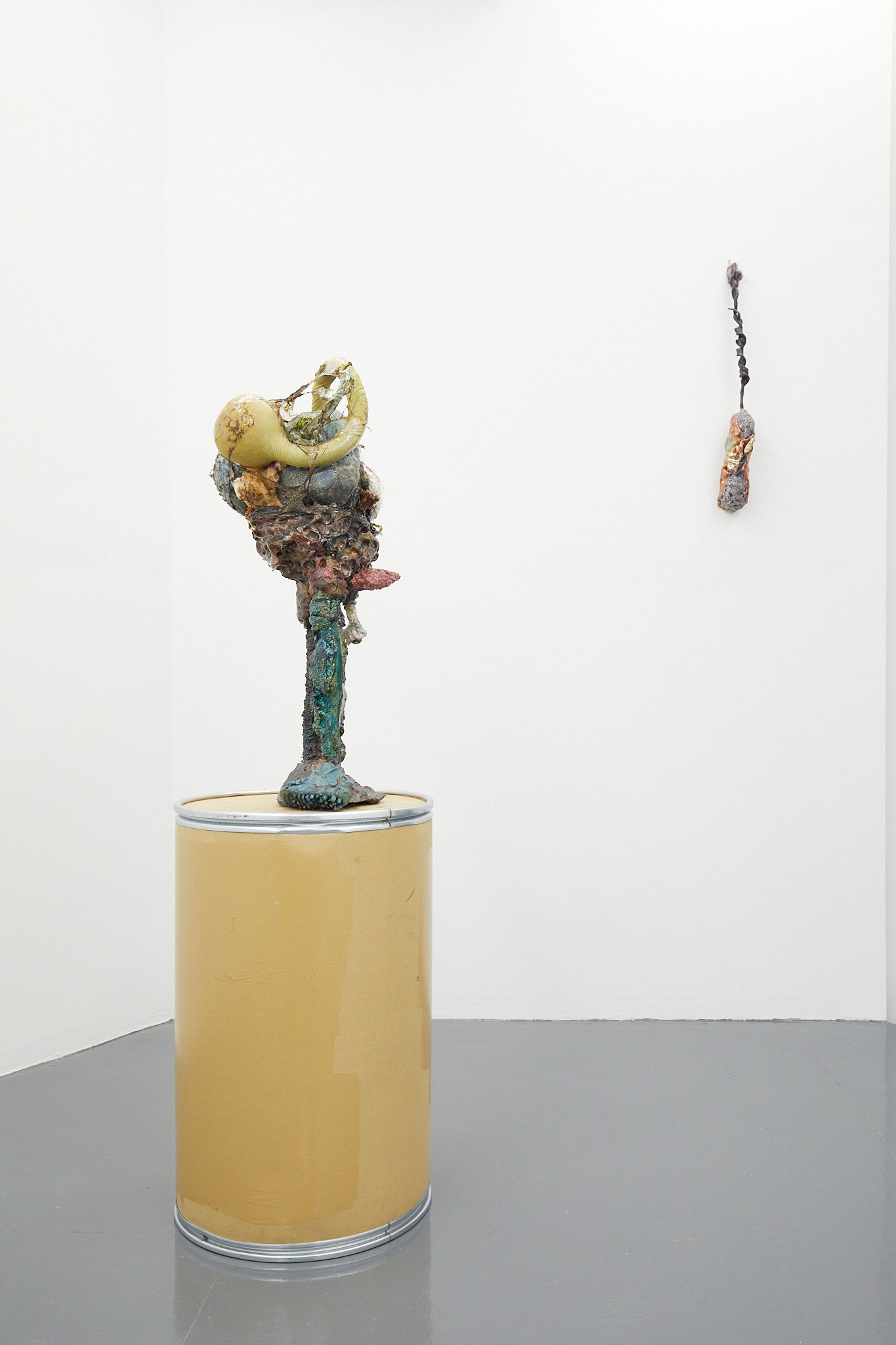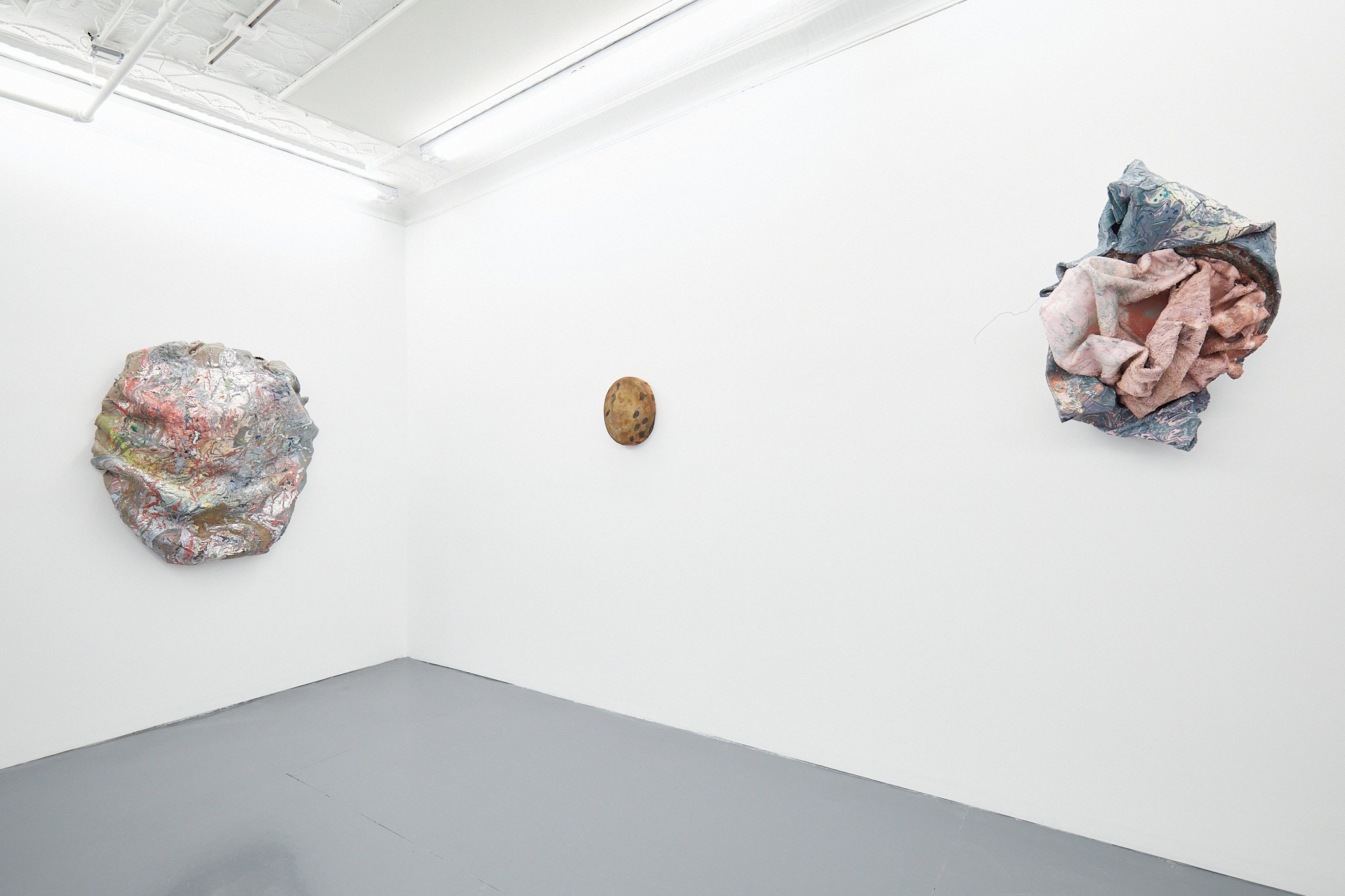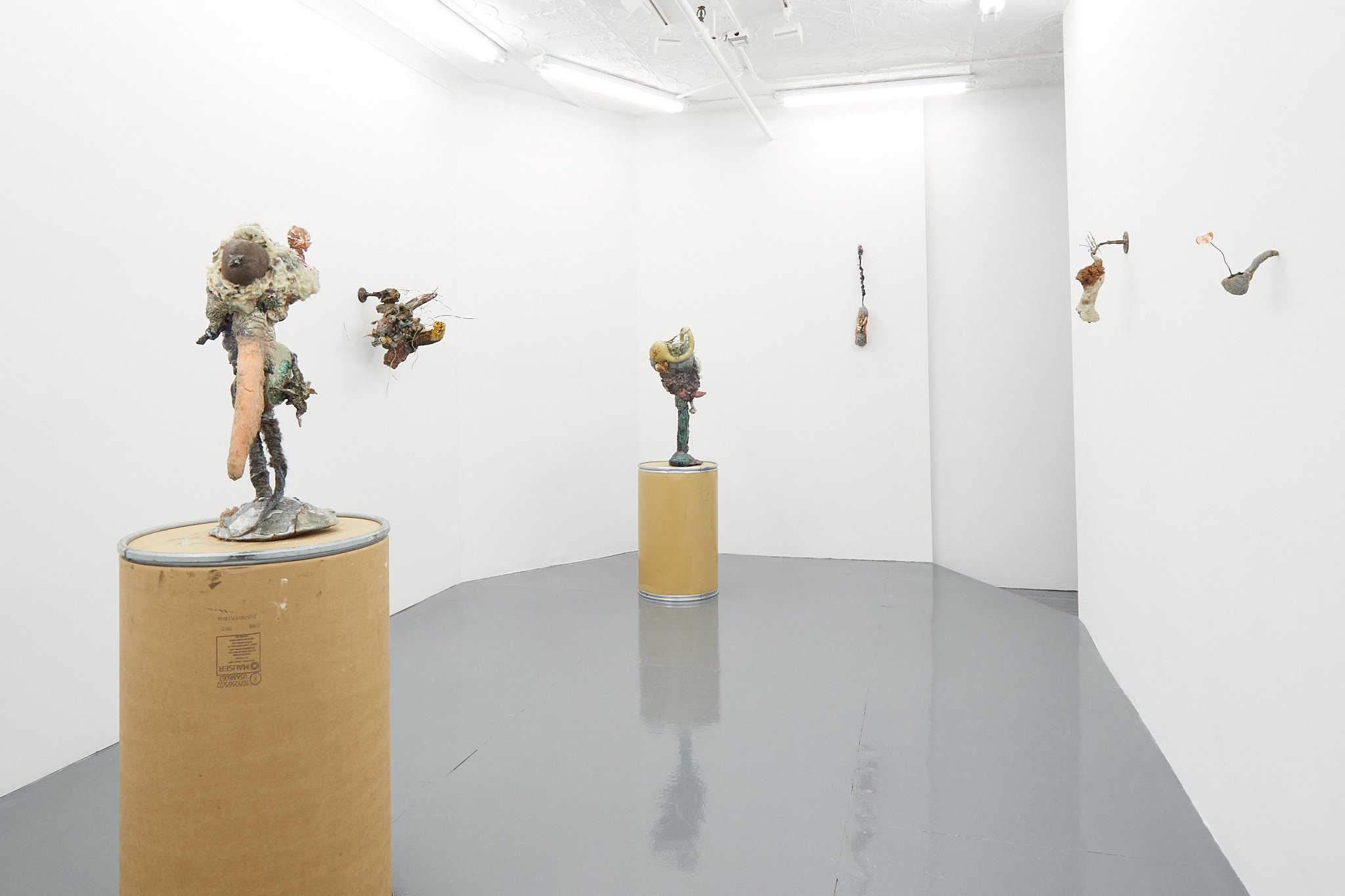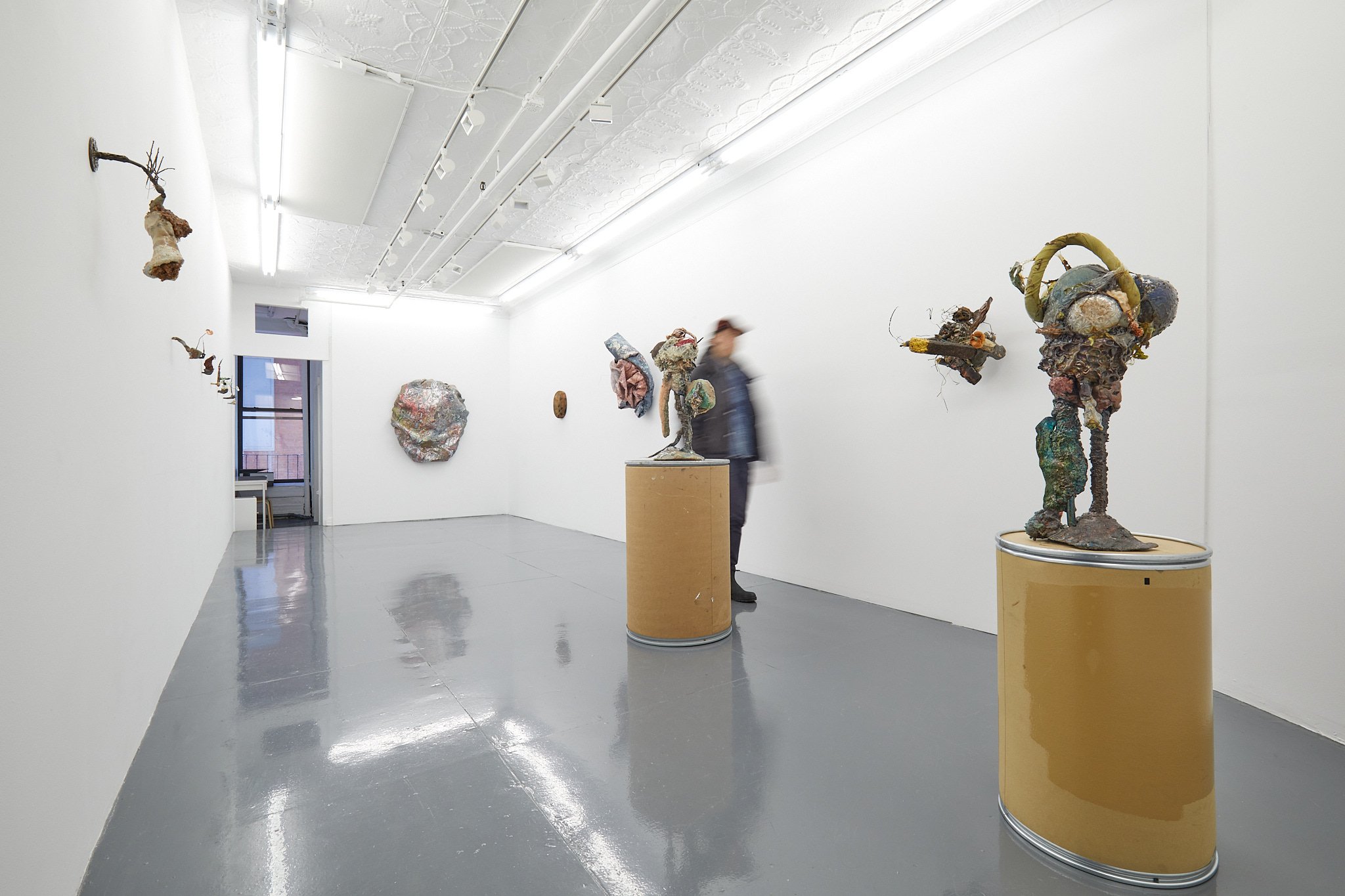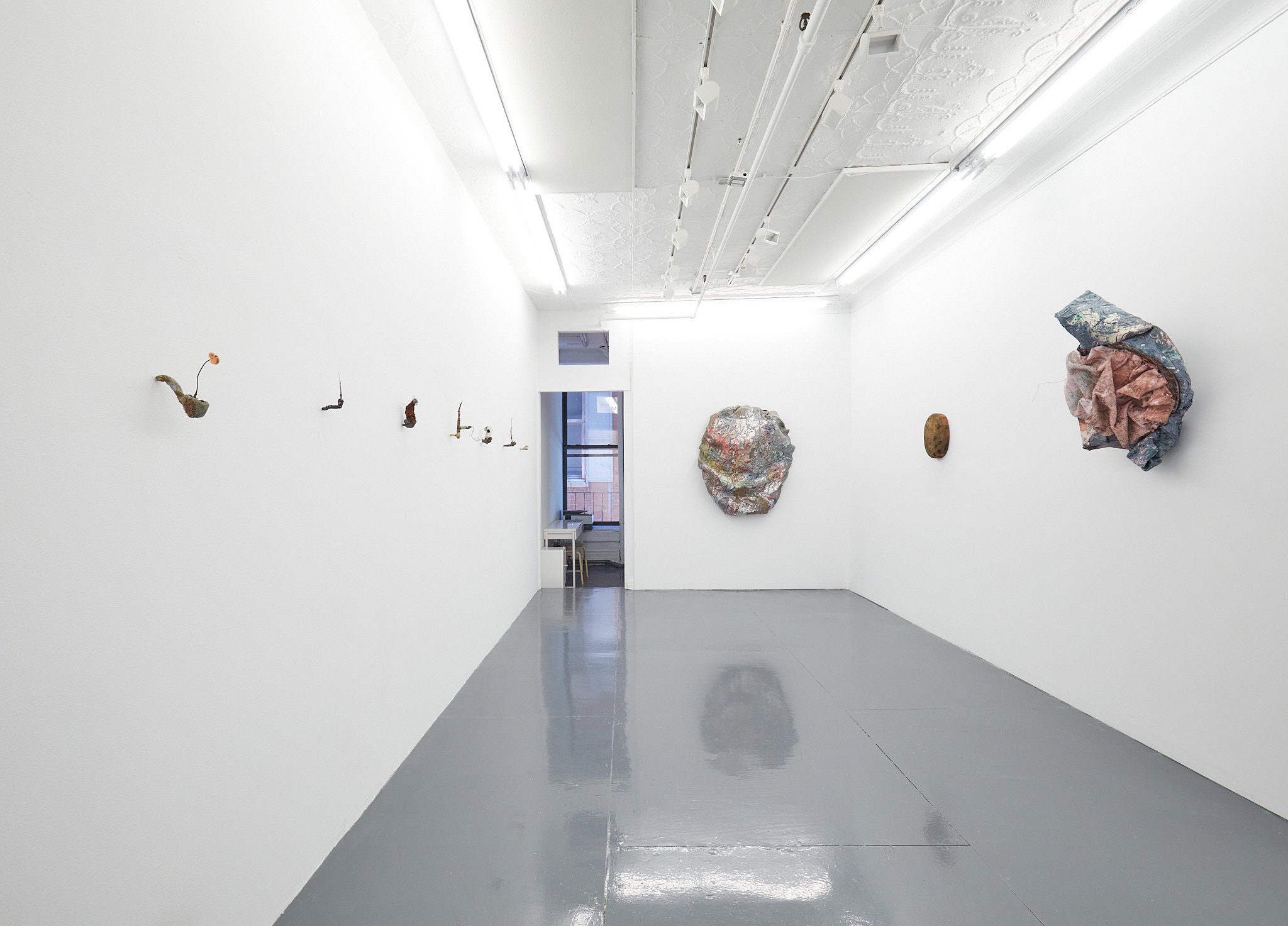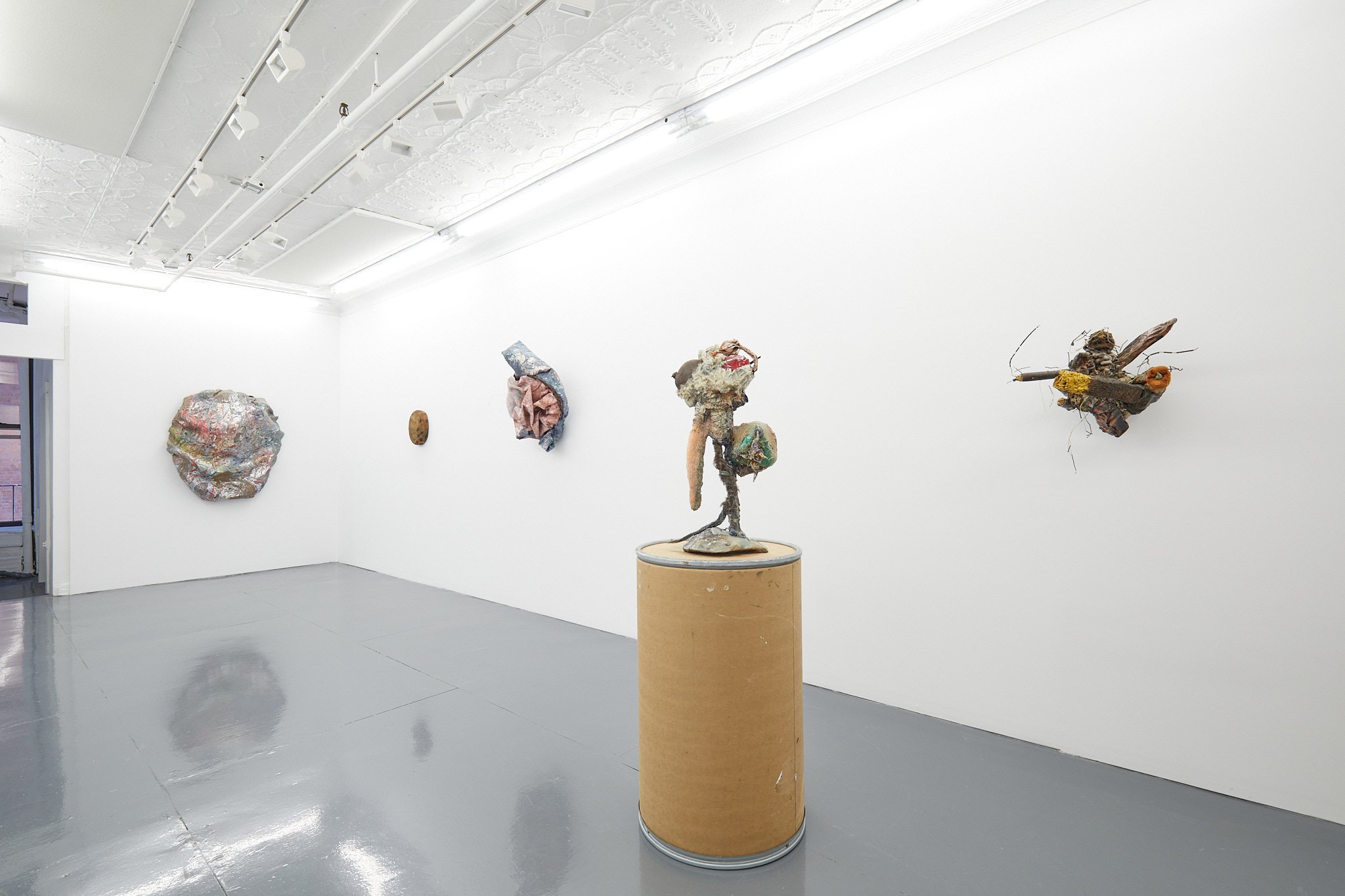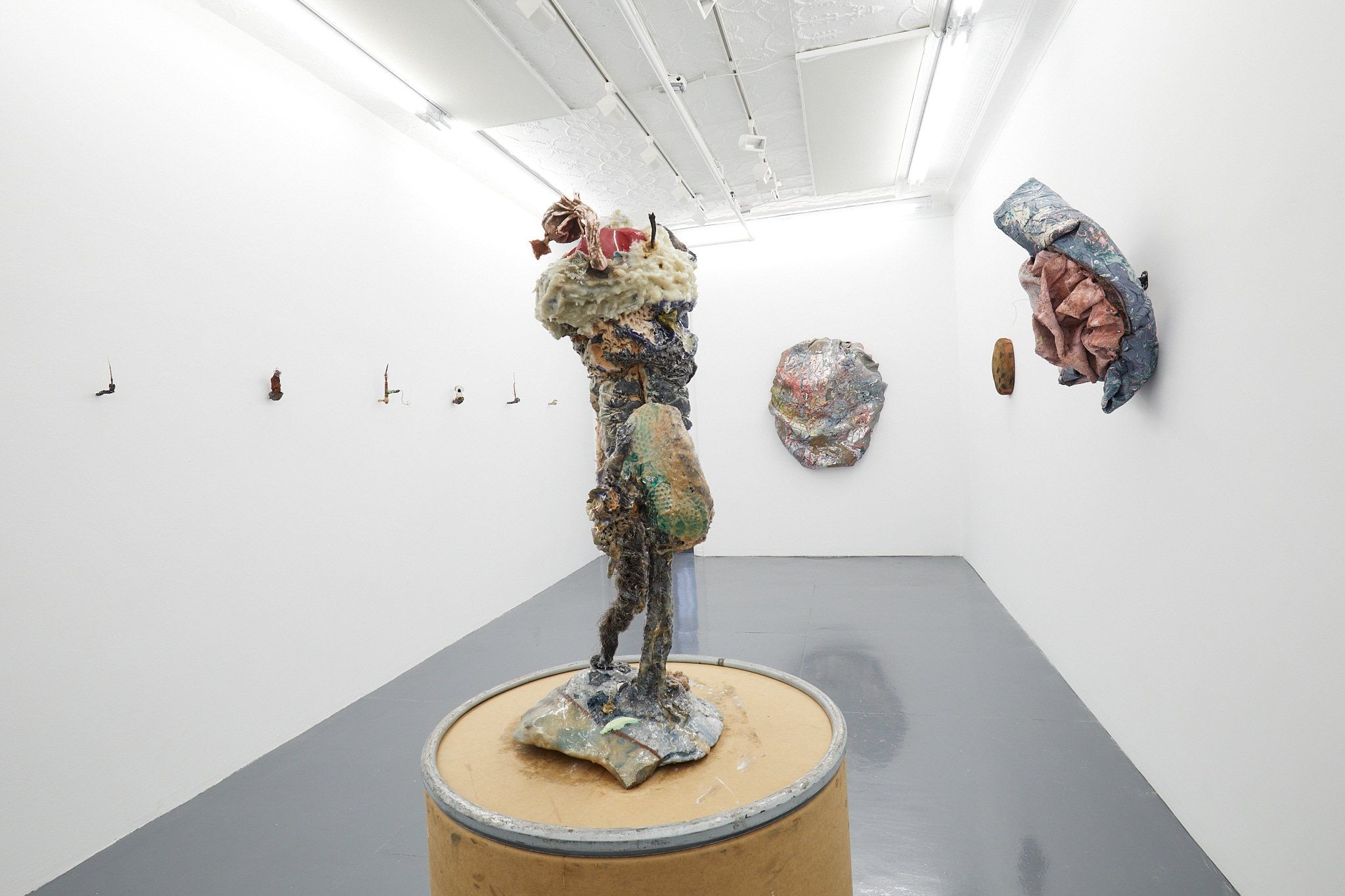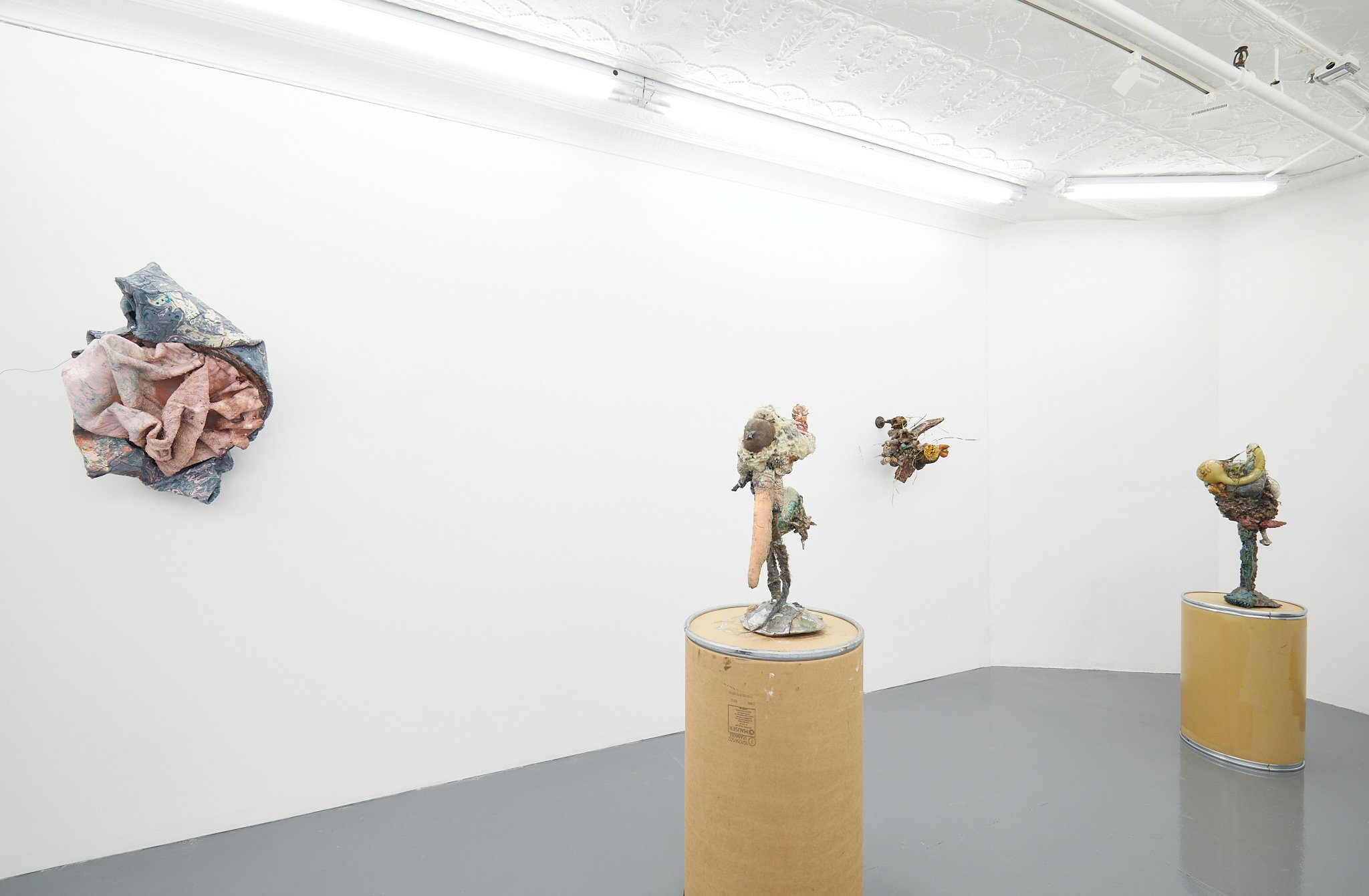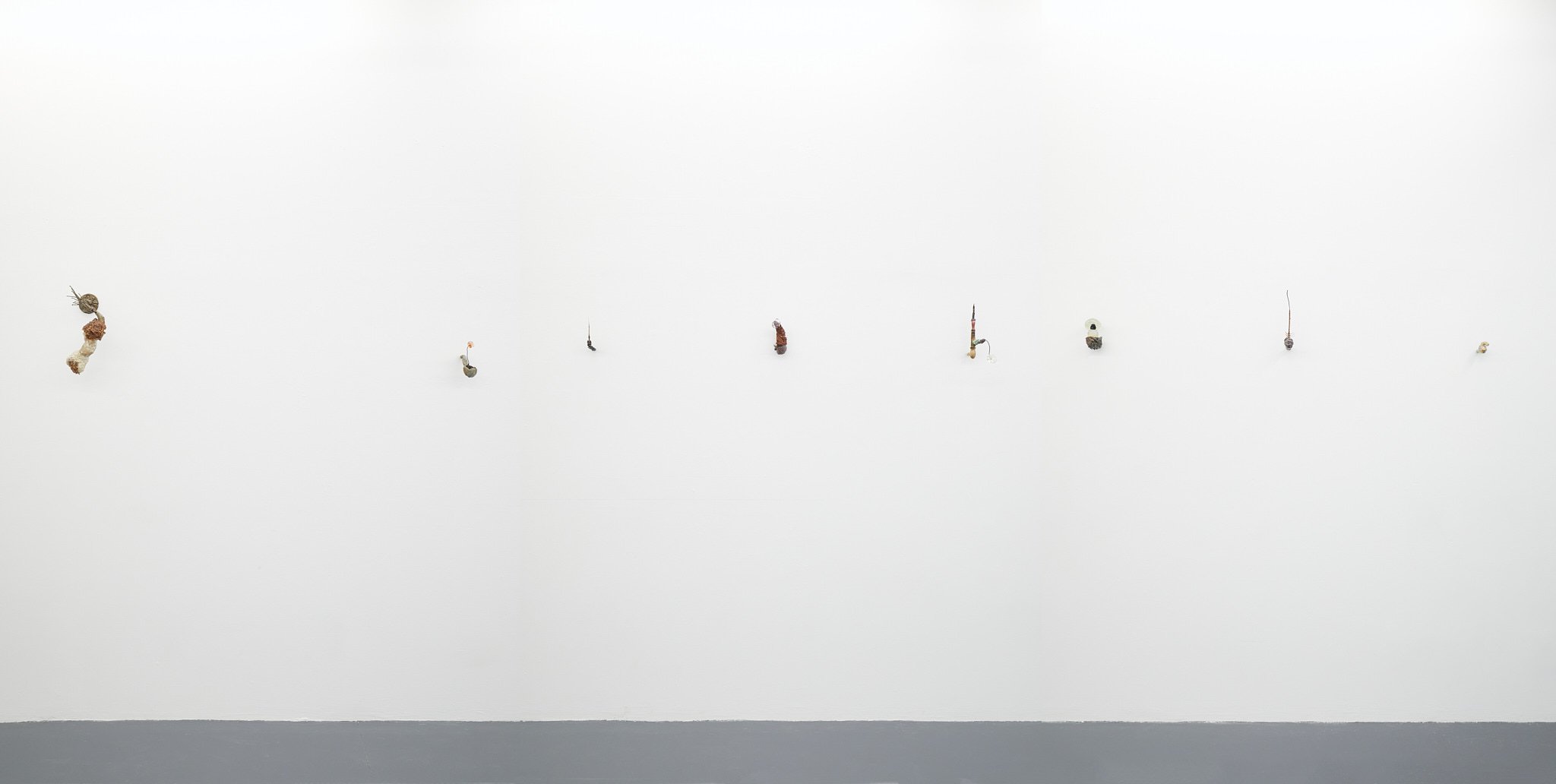Images by Ernesto Eisner
THE CONTINUING ADVENTURES OF DOCTOR ORFEO:
The Chamber of Ultimate Solution
Long before Doctor Orfeo came to Santa Ninfa, when Enrico Benedetto was a much younger, more hopeful man, the country was recovering from what seemed a long nightmare. It had been a short time since the war, and its effects still felt like ground glass to the heel. Many in the city knew someone who vanished without a trace, lost to the myriad fronts and in so many cruel ways: disintegration, exile to the moon, and the quick injustice of a shot to the heart, and that was that. The city’s municipal cemetery was so burdened with the onrush of scrip detailing the lost and their approximate place of disappearance that it stopped offering individual memorials and started constructing one for all lost soldiers.
In order to put those sorrowful times behind them, the people of the town found new ways to govern and to take care of themselves while the administrative region tried to rebuild in one moment, and invoked austere measures in the next. As services crumbled and the street lights went out one by one, Angelo “The Shark” showed his hand, in force. His crew of hench folk would scurry about, establishing order and basic services, turning the rubble pits into garden oases. In time, Angelo became Don Tartufo, known for his hard shell and simmering interior, his tooth sweet for money and crushing all dissent. While the water and electricity came back on, it kept running through sheer intimidation,terror, and a steady collection of bribes. People went about their days with a bit of money in their pocket for bribes and some more money tucked behind their ears for bread and tomatoes. To say that the city came to suffer under Don Tartufo’s yoke was no exaggeration.
On the day that Enrico returned to Santa Ninfa after a long absence in Canada, he went to the harbor overlook down the old tufa causeway. In a single motion he took off the iron ring he wore on his pinky, swearing to the mysterious islands beyond that he would shape his native land for the better. Drawing out a faceted bronze ring from the local Engineering Society, he slid it onto his index finger, and clenched his fist to his heart, swelling with the pride of new ideas.
A meaty hand slapped Enrico in the back of the head. “Nice ring, weenie.”
Enrico wheeled around, and faced down two dog-faced goons from Don Tartufo’s squad of enforcers.
“Care to contribute to the harbor fund?”, rumbled the first enforcer, a man as wide as he was tall, with a grayish cast to his skin from old stubble, and his bangs obscuring his eyes completely.
“Do I have a choice?”, asked Enrico.
“We always have a choice,” grinned the second enforcer.
With that, the first enforcer popped Enrico in the eye, and the second swept him up by the ankle to shake out his pockets and tug off his ring. After the pair collected their fee in pennies and baubles, they dumped Enrico under a clothesline in front of an old tenement. Enrico dragged himself back to his apartment, and, clad in a blank eye, sat in his wood-paneled study, stewing within himself. He grabbed his old fountain pen, the heat from his grasp softening the celluloid. His ears began to steam, and his body gave off heat as though it was a pot-bellied stove. Setting aside his half-melted pen, he picked up a pencil which quickly charred. In his anger and frustration, he drew up a plan for a sunken road the likes of which the Etruscans would be proud of, and which he himself would never build outside of his own dreams.
It was a mere week before he finished, and by that point, he had begun to cool down. At the last moment he picked up his phone, his thumb-print melted in the resin of the handle. He dialed his friends, the Melon Brothers, who worked in the archives.
“It’s me. I need a favor from you both. I just designed the most vengeful road to nowhere you’ve ever seen. It starts at the old castle; I just need a good end. I need it to be the chamber of ultimate solution for Don Tartufo and his cronies.”
Having answered Enrico on speaker, the Melon brothers looked at each other, pushing back their blond hair from their eyes in unison.
“Say no more,” Austin Melon said, leaning towards the little transistor, “can you get down here this afternoon? I think we can look into a few options.”
“We have a file on these kinds of places,” said Stephen, the second Melon brother, as he leaned forward absent-mindedly, and bumped heads with his brother, exclaiming “Oh, my head!” in a pained way, his eyes closing and his hand flying up to stifle the pain.
“Is everything all right over there? I thought I heard two bowling balls smashing together.”
“What do you think, brother?,” asked Stephen, still clutching his head.
“Fine,” said Austin, and shook his head at Stephen.
“If you say so. I’ll let you take care of whatever you have to take care of. I’ll be down after lunchtime - thanks!” said Enrico, as his melted phone dripped black onto the workbench below.
After Enrico hung up, he found that the morning hours had faded, and before he knew it he threw on his coat and sped on his way across town to the City Archives. In the Melon brothers’ dark office, they pored over an ancient map of a tomb built over a vein of lava. The three of them were united in their extreme dislike of Don Tartufo and his ham-fisted rule over the city. They knew they would have the blessing of its citizens if they were to design a trap for the crime boss. They put in a few phone calls and cobbled together the funds to start work in a few weeks.
The groundbreaking ceremony was brief, held at twilight, and punctuated by the sound of countless bats that swarmed the silhouette of the moon. After the first week of digging was done, lead by a foreperson who supervised the work site with the help of her dog companion, who she could communicate with fluidly by singing old, crooning songs of nostalgia, an ancient thermae network was uncovered, replete with effigies of caryatids, murals of wide-eyed tentacled faces, and human forms with wings spiraling through a network of pink cloud. When they had the site ready to go, with the old mysterious chamber rigged up as the ultimate destination out of the city, it was advertised as a hilltop movie house in a forgotten ruin. An invitation to preview the movie house was penned by Enrico on papyrus, written with dark iron gall ink, and sent by courier to Don Tartufo’s manor.
On the appointed date, a white brocade carpet was rolled out, and Don Tartufo arrived with his entourage of scarred faces and switchblade knives, lead in by the Melon Brothers, who wore matching yellow and blue striped suits. At the end of the carpet stood Enrico himself, wearing a white suit, accented with a carnelian eyed skull bolo.
“Enrico,” grumbled Don Tartufo, “what a thing to do to a place that belongs to antiquity!”
“What can I say? I’ve always loved the past, Don Tartufo,” grinned Enrico, ushering the party beyond the threshold of leering visages and fanciful, whirling forms.
The double doors to the theater stood within a corona of red light at the end of the short antechamber. Their windows were black and riveted around the edges. The others in the party held back, as Enrico and Don Tartufo approached the doors first. Don Tartufo looked over at Enrico and suddenly grabbed him by the bicep.
“From this moment to the next, we’re going to trade places in this world. Don’t argue with me about it. I already know.”
“With all due respect, Don Tartufo, but there’s no replacing you.”
“I’m telling you, I saw it already in my black mirror. I want you to know it was my choice.” With that, Don Tartufo turned back to the party, and glowered, “This is a private showing. Everyone go home.”
Don Tartufo turned again to the red shadowed doors and pushed them open. A hollow, echoing squeak of metal on metal resounded through the room. Don Tartufo hesitated a moment, then entered, and closed the doors behind him. A scraping metallic noise came from the other side of the closed doors, as though a heavy latch was being secured.
Don Tartufo looked up at the film that was being projected for him. It was something very old, and beyond anything he had ever had the time to see. As it unfolded before him, he started to approach the screen, advancing down the twinkling lights of the aisle path. His pupils dilated as the screen grew brighter and brighter, chromatic aberrations cantering around him. “It’s just like the faery rings he read about when he was a boy, he thought to himself,” and he held up his hand, which was growing transparent like water, fading in and out of subsistence.
No one knew exactly what happened to Don Tartufo that day. His spectator wingtip loafers were found standing in front of the screen, and nothing more. The Matmos Theater had opened in the most mysterious capacity it could, and its proprietor, Enrico, was carried by a surging crowd of cityfolk from the besieged neighborhoods of Santa Ninfa up to Don Tartufo’s castle. Over time, even after Enrico came to be known as Don Benedetto, he never forgot about Don Tartufo’s prophecy, and he wondered if it was in fact a curse.
By Anthony Giordano

